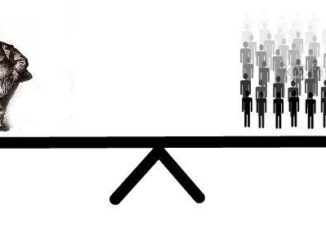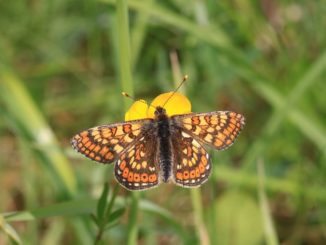
All 28 Member States of the EU have now signed Rural Development partnership agreements with the EU Commission. Ireland’s partnership agreement was the last of 28 to be adopted.
In Ireland around €2.19 billion is being allocated for the development of the agricultural sector and rural areas from the European Agricultural Fund for Rural Development (EAFRD).
See table below from the EU Commission on Ireland’s spending by category.
| Thematic Objective | Total Funding |
| Strengthening research, technological development and innovation | 186,992,153 |
| Enhancing access to, and use and quality of, ICT | 75,000,000 |
| Enhancing the competitiveness of SMEs, of the agricultural sector (for the EAFRD) and of the fishery and aquaculture sector (for the EMFF) | 283,881,587 |
| Supporting the shift towards a low-carbon economy in all sectors | 433,500,000 |
| Promoting climate change adaptation, risk prevention and management | 704,800,000 |
| Preserving and protecting the environment and promoting resource efficiency | 838,370,392 |
| Promoting sustainable and quality employment and supporting labour mobility | 307,325,622 |
| Promoting social inclusion, combating poverty and any discrimination | 350,807,784 |
| Investing in education, training and vocational training for skills and lifelong learning | 160,698,574 |
| Technical assistance | 17,606,529 |
| Total | 3,357,982,641 |
Comment:
Ireland’s spending choices have been described as being mostly – 80% – focused on environment and climate-related actions. Technically, this may well be true. However Ireland is heavily invested in producing very large quantities of meat and milk, and it plans to grow these sectors significantly in the coming years.
This is inevitably difficult to do, when compared to other food options, in a climate change sensitive way. Ireland also led the change in having climate change targets essentially written out of the EU’s emissions reductions targets.
More from EU Commisison on Rural Development Plans
Decisions taken by Member States for the implementation of the new direct support system – State of play
Ireland’s Partnership Agreement summary
QandA on Partnership Agreements






1 Trackback / Pingback
Comments are closed.